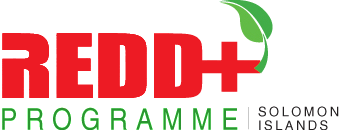Since the 1980’s, the forest sector in Solomon Islands has been characterised by collusion between foreign logging companies and local politicians, systemic corruption and poor monitoring and enforcement (Allen 2011). Numerous efforts to reform the flawed processes for allocating timber rights under the Forest Resources and Timber Utilisation Act in order to restrict the potential for local-level corruption in the grant of timber rights have all failed. Both the government and landowners have been deprived of revenues from the logging industry as a result of corruption and the inequitable distribution of revenues under logging contracts.
Legal rights of the public to access information are weak: the Constitution does not recognise the right of access to information and there is currently no freedom of information law. Transparency International has recently made a number of recommendations to reduce corruption risks, such requiring the details of timber rights processes, approval outcomes, and ministerial decisions on timber values (to ensure fair export duties are paid), to be publicly notified, recorded and gazetted (Transparency International 2012:12).
The Solomon Islands Government has recently joined two international initiatives which will require it to take steps to improve its anti-corruption framework. In 2012, Solomon Islands became a party to the2003 United Nations Convention Against Corruption (UNCAC), which, among other things, obliges countries to create a preventive anti-corruption body, such as an Anti-Corruption Agency (Art. 6). In June 2012 Solomon Islands also joined the Extractive Industries Transparency Initiative (EITI), a voluntary initiative which requires resource companies to disclose what they pay to government which is reconciled against the revenues received by government, with an explanation of any discrepancies. However, so far the EITI only applies to the mining sector in Solomon Islands and does not extend to its forestry sector.

